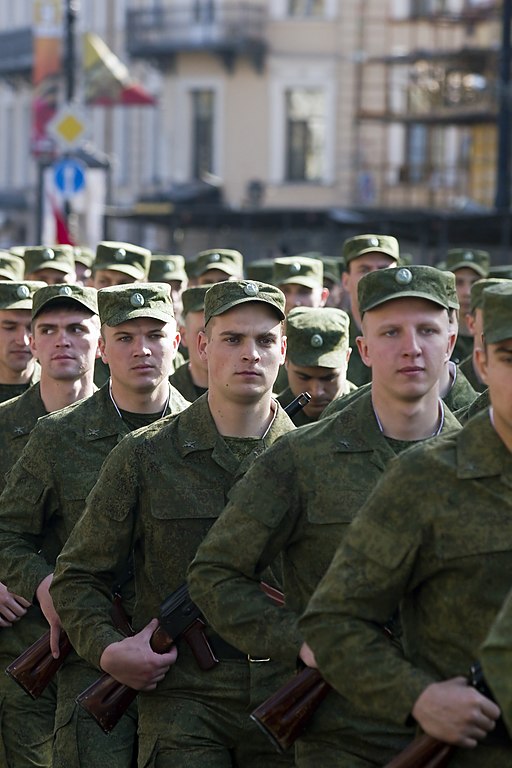September 11—or Meskerem 1—is Ethiopian New Year’s Day. At the stroke of midnight on September 10/11 2001, the Sheraton Hotel in Addis Ababa began a wonderful fireworks display, to rival any pyrotechnics in the world. I remember it vividly—and what happened in the hours that followed. This is a brief personal reflection on those momentous few days, why they had particular resonance in the Horn of Africa, and a path not taken.
The following afternoon (Ethiopia is seven hours ahead of the U.S. East Coast), I was with my friend and colleague Abdul Mohammed when he had a call from someone, who said only, “switch on your television.” So like millions around the world we watched the live CNN coverage of the attacks on the World Trade Center and the Pentagon in horror and disbelief.
We knew at once that this was the work of al-Qaeda. Usama bin Laden had lived much of the previous decade in Sudan where Hassan al-Turabi’s Islamist movement had opened its doors to every jihadi from across the Arab world and beyond. The first (1993) World Trade Center bombing had been planned from Khartoum; jihadists had tried to assassinate Egyptian President Husni Mubarak in Addis Ababa in 1995; the U.S. embassies in Nairobi and Dar es Salaam had been bombed in 1998; and the intelligence services in Eritrea, Ethiopia, Kenya and Uganda had foiled a number of terrorist plots. In retaliation for the embassy bombings, President Bill Clinton had ordered a cruise missile strike that destroyed the al-Shifa pharmaceutical factory in Khartoum (widely believed to be innocent of the charge that it was producing chemical weapons). The Ethiopian National Defense Force had mounted two raids into Somalia (in 1995 and 1996) overrunning and destroying al-Qaeda bases there and had also made clandestine incursions into Sudan in areas where bin Laden ran training camps. After each operation inside Sudan, the Ethiopian Prime Minister would call Sudanese President Omar al-Bashir and tell him that he needed to dismantle a base, or expel a jihadi group, or there would be another such attack. It worked. The Sudanese threatened to raise Ethiopian aggression at the UN, but the U.S. covered the Ethiopians’ backs.
Al-Qaeda had grown up in East Africa and its activities—along with other jihadis sponsored by Sudan—were a well-known element in the politics of destabilization of the Horn in the 1990s. By 2001, they had been defeated. Bin Laden had been forced to leave Sudan (for Afghanistan); the jihadi training camps in Sudan had been closed and the Sudanese government had switched from being a sponsor of terror to cooperating with the CIA; and al-Qaeda’s attempt to gain a foothold in Somalia had been thwarted.
On September 12, I flew to London, and the seat next to mine on the plane was occupied by one of the pyrotechnicians who had put on the fabulous performance two nights previously. I suggested to him that he offer his services to the Pentagon because they would be needing some explosions over Kabul, and it would be cheaper to use his company than for the US Air Force to mount a bombing campaign.
The fireworks engineer was puzzled. I explained to him that the combined efforts of Eritrea, Ethiopia, Egypt and the U.S. had driven al-Qaeda out of the Horn of Africa, and that it was through a political strategy aimed at squeezing the state sponsor of terror—Sudan—plus buying off the allegiances of the jihads’ local sponsors. But every now and then a fireworks display was needed to impress the public that the governments were doing something serious.
I naively imagined that the Bush Administration would apply the tried-and-tested method of defeating terrorism, fashioned in the Horn, to Afghanistan. I suggested that the CIA would deliver packages of dollars to the Afghan warlords to win their cooperation and negotiate with the Taliban to hand over bin Laden—while putting on a dramatic show of force to impress the world.
Of course, the post-9/11 strategy of unlimited war on terror took the opposite tack. It made politics and diplomacy the servant of war rather than vice versa. It not only failed in Afghanistan and the Middle East, but also created the conditions for al-Qaeda and other extremists to re-enter Africa. Hiring that fireworks technician would have been a better strategy.

